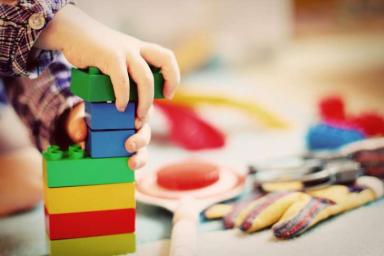The art of balancing colors and patterns in interior design is a skill that can transform a space, evoke emotions, and reflect personal style.
Colors play a crucial role in setting the mood and atmosphere of a room.
Let's find out more!
Colors matter
Warm colors like reds, oranges, and yellows can create a cozy and inviting ambiance, while cool colors like blues, greens, and purples can evoke a sense of calm and serenity.
It is important to select colors that complement each other and create a cohesive palette.

You can use the color wheel
When working with colors, the concept of the color wheel can be a helpful guide.
Colors that are opposite each other on the wheel, known as complementary colors, create a dynamic and vibrant contrast.
On the other hand, colors that are adjacent to each other, known as analogous colors, offer a more harmonious and soothing effect.
Don't forget about patterns
Mixing different scales of patterns, such as pairing a large-scale floral print with a small-scale geometric pattern, creates visual interest and prevents the room from feeling overwhelming.
Balancing the number of patterns is also crucial; a space with too many busy patterns can be chaotic, while a lack of patterns can result in a bland and monotonous atmosphere.
Create a focal point
The key to achieving a harmonious balance between colors and patterns is to establish a focal point.
Once the focal point is established, the colors and patterns in the rest of the room can complement and enhance it.









